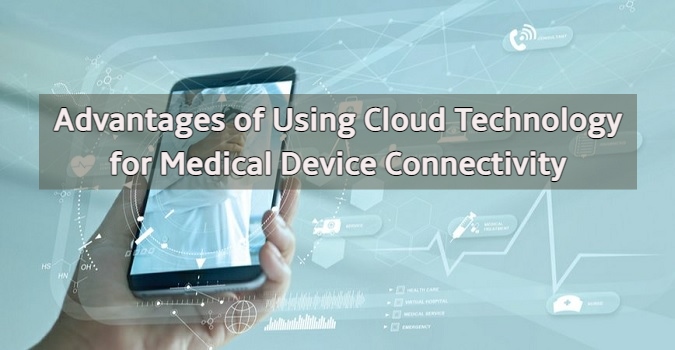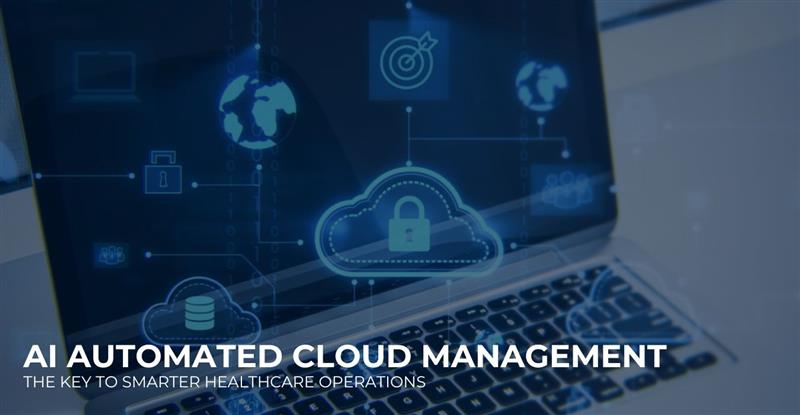In today's fast-paced environment, the Information Technology (IT) sector stands out as one of the…

Benefits of Using Cloud Technology for Medical Device Connectivity
Cloud technology has revolutionized the way medical devices are connected and managed. By using cloud-based solutions, healthcare providers can access data from a variety of medical devices in real time, allowing them to make more informed decisions quickly and accurately. This has opened up a plethora of opportunities for healthcare providers to provide excellent care and achieve the best patient outcome. In this article, we will discuss the benefits of using cloud technology for medical device connectivity, and why it is important for the future of healthcare.
Advantages of Using Cloud Technology for Medical Device Connectivity
In recent years, cloud computing has revolutionized the way we store, process, and share data. It has opened up new possibilities for connectivity and communication, and the healthcare industry is no exception. One area where cloud technology is particularly beneficial is medical device connectivity and data backup and disaster recovery.
Streamlined Data Management
With the help of cloud computing, medical device connectivity can be streamlined and optimized. The data generated by medical devices can be collected, processed, and analyzed in real-time, providing clinicians with up-to-date information about patient health. Cloud-based data management solutions also provide scalability and flexibility, allowing healthcare organizations to easily expand their data infrastructure as needed.
Increased Efficiency
Using cloud technology for medical device connectivity can significantly improve efficiency. By leveraging cloud-based connectivity solutions, healthcare organizations can reduce the time and effort required to manage and maintain medical devices. This frees up resources for other critical tasks, such as patient care.
Enhanced Security
Cloud technology provides enhanced security features that help protect patient data. Cloud-based solutions can encrypt data at rest and in transit, ensuring that sensitive patient information remains confidential. Cloud-based solutions also provide access controls and audit trails, enabling healthcare organizations to track who has accessed patient data and when.
Improved Patient Outcomes
One of the most significant benefits of using cloud technology for medical device connectivity is the potential to improve patient outcomes. By leveraging cloud-based EHRs, real-time data, and analytics, healthcare organizations can make more informed decisions about patient care. This can lead to better diagnoses, more effective treatments, and ultimately, improved patient outcomes.
Better Patient Engagement
Cloud technology can also help improve patient engagement. By using managed cloud-based solutions, healthcare organizations can provide patients with access to their medical data, enabling them to be more informed and engaged in their own healthcare. Patients can access their medical records, monitor their health data, and communicate with their care teams in real-time, leading to better patient satisfaction and outcomes.
Conclusion
Cloud technology offers many benefits for medical device connectivity. By leveraging cloud-based solutions, healthcare organizations can streamline data management, increase efficiency, enhance security, improve patient outcomes, and better engage patients in their healthcare. As healthcare continues to evolve, cloud technology will undoubtedly play a crucial role in connecting medical devices and providing better care to patients.
Also Read:
Cloud Computing Challenges for Healthcare Providers in Australia
Transformation of Cloud Computing in the Healthcare Industry



